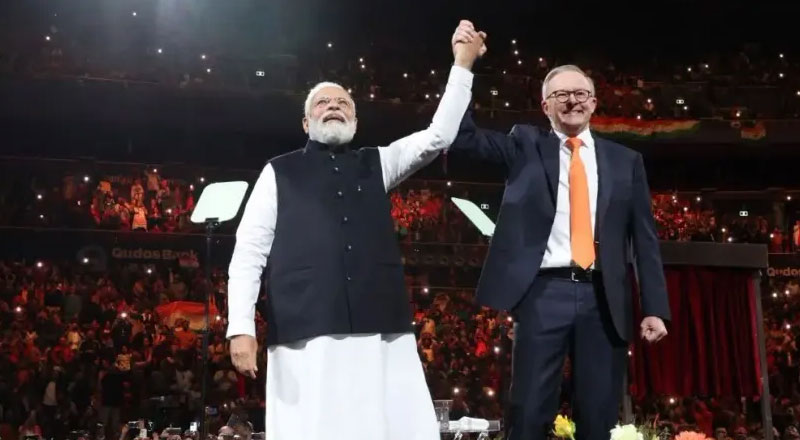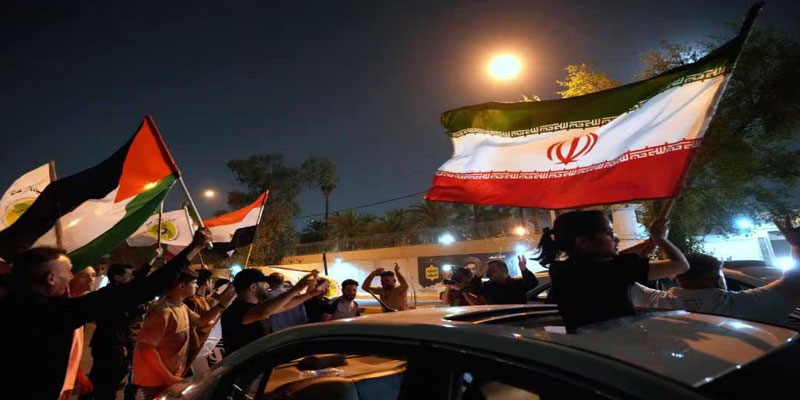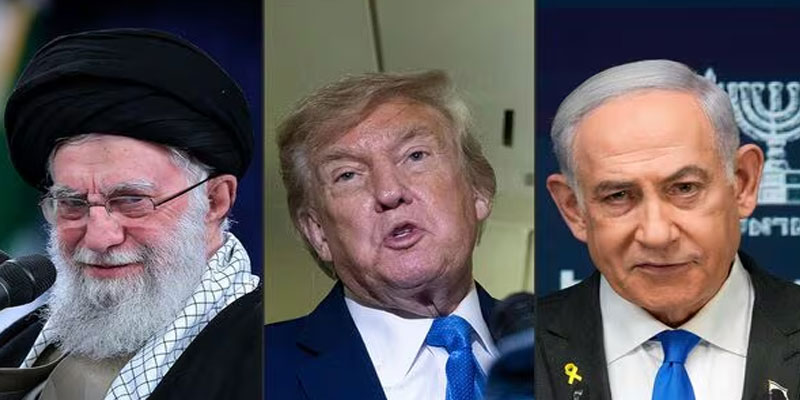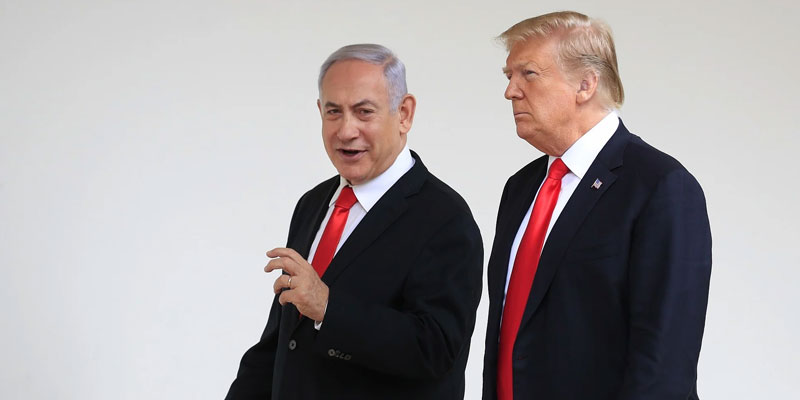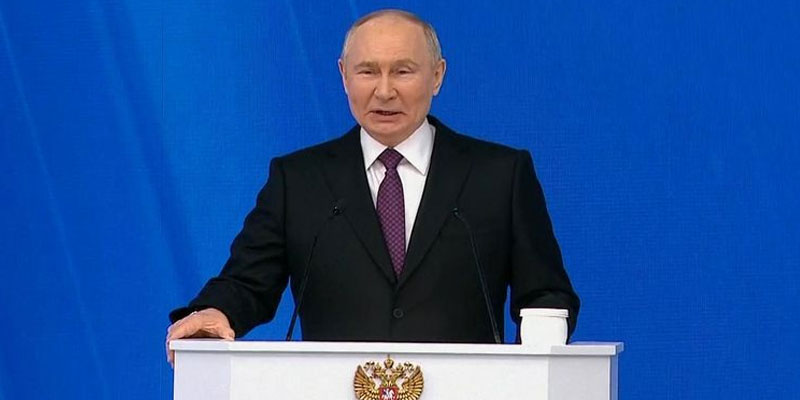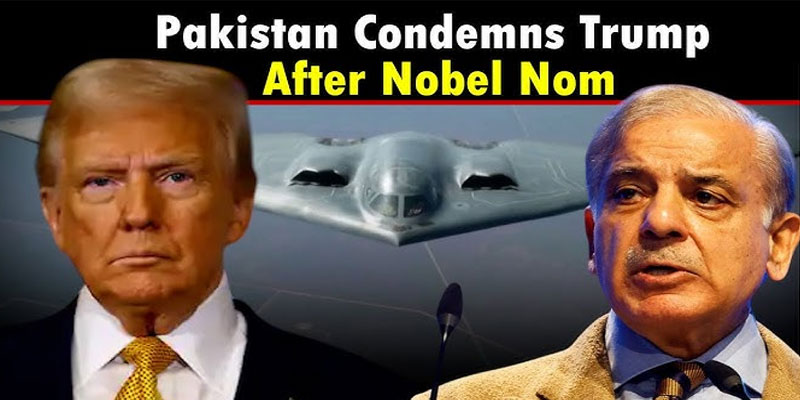A New Term, Renewed Diplomatic Energy
With Australia’s Prime Minister Anthony Albanese securing a historic re-election, global leaders are reaffirming their diplomatic priorities with Canberra. Among the first to do so was Indian Prime Minister Narendra Modi, who called Albanese to personally congratulate him and express his intent to strengthen the India-Australia Comprehensive Strategic Partnership. The resounding electoral victory not only signals continuity in Australian leadership but also opens the door to deeper cooperation between the two Indo-Pacific democracies.
A Resounding Mandate in Australia
Albanese’s Labor Party swept the polls, winning 92 seats in the lower house—only the third time in Australia's history that a party has crossed the 90-seat mark. The result affirms public confidence in Albanese’s leadership and presents him with a strong mandate to steer domestic policy and foreign relations in a rapidly shifting global landscape.
Following the victory, PM Modi posted on X (formerly Twitter):
“Spoke with my friend Anthony Albanese to personally congratulate him on his party’s historic victory. We agreed to work together with renewed vigour to advance the India-Australia Comprehensive Strategic Partnership and explore new areas of cooperation.”
India-Australia: A Relationship in Strategic Overdrive
The relationship between India and Australia has evolved rapidly in recent years, underpinned by shared democratic values, mutual interests in the Indo-Pacific, and increasing economic and strategic engagement. The Comprehensive Strategic Partnership, launched in 2020, marks a significant elevation in bilateral ties—encompassing trade, defence, education, clean energy, mobility, technology, and multilateral cooperation.
Modi and Albanese have met several times on the global stage, including at the G20 Summit in Rio de Janeiro, where they held the second India-Australia Annual Summit. These meetings have reinforced mutual commitments to not just bilateral growth, but also regional stability and global collaboration—especially within groupings like the Quad, which includes the US and Japan.
A Shared Vision for the Indo-Pacific and Economic Synergy
Both nations view the Indo-Pacific as central to their strategic outlook, and their cooperation has extended beyond traditional diplomacy to areas like renewable energy, education, and skill development. Notably, their shared development philosophies—‘Make in India’ and ‘Future Made in Australia’—are being positioned as complementary economic frameworks, aimed at job creation, resilient supply chains, and sustainable growth.
This synergy reflects a broader understanding that collaboration between democracies is critical for navigating global uncertainties, especially amid shifting power dynamics and economic realignments.
A Relationship of the Future
The renewed term of Anthony Albanese comes with the promise of continuity in Australia’s global engagements, and India is poised to be a pivotal partner in that journey. As both countries stride toward the fifth anniversary of their Comprehensive Strategic Partnership in 2025, the deepening diplomatic, economic, and cultural connections are a testament to a relationship built not just on strategic necessity, but on mutual respect and shared aspirations.
In a world increasingly defined by alliances that transcend geography, the India-Australia bond stands out—as a model of trusted, forward-looking cooperation in the 21st century.
(With agency inputs)


